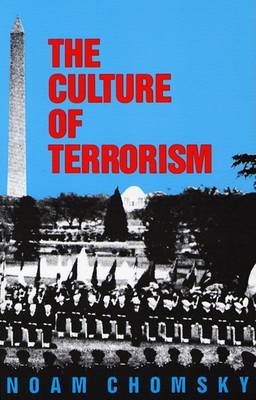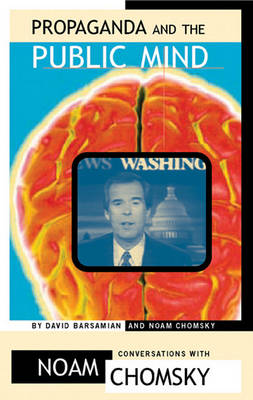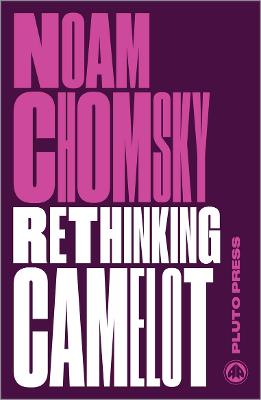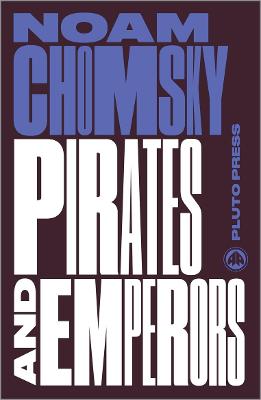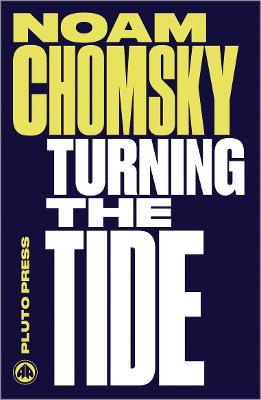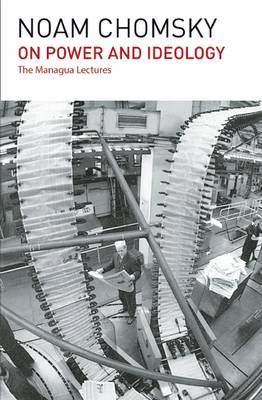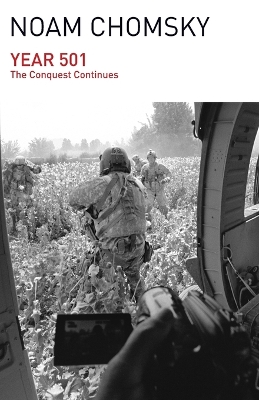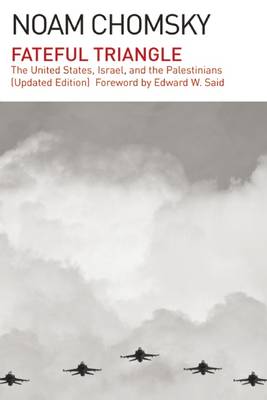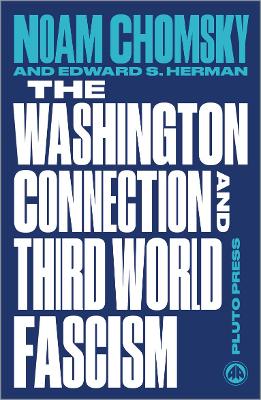Chomsky Perspectives
9 total works
This edition first published 2002
At last back in print after almost thirty years, Turning the Tide explores such neglected but vital issues as Jimmy Carter's interventions in El Salvador, the violation of human rights in Nicaragua and Guatemala, and American involvement with death squads in many countries including Bolivia and El Salvador. For all activists and scholars whose work focuses on Central and Latin America, Turning the Tide remains essential.
The book consists of five lectures on U.S. international and security policy. The first two lectures examine the persistent and largely homogenous features of U.S. foreign policy, and overall framework of order. The third discusses Central America and its foreign policy pattern. The fourth looks at U.S. national security and the arms race. And the fifth examines U.S. domestic policy.
These five talks, conveyed directly to the people bearing the brunt of devastating U.S. foreign policy, make historic and exciting reading.
Fateful Triangle is Noam Chomsky's seminal work on Mideast politics. In the updated edition of this classic book, with a new introduction by Chomsky, readers seeking to understand the Middle East and U.S. foreign policy today will find an invaluable tool.
